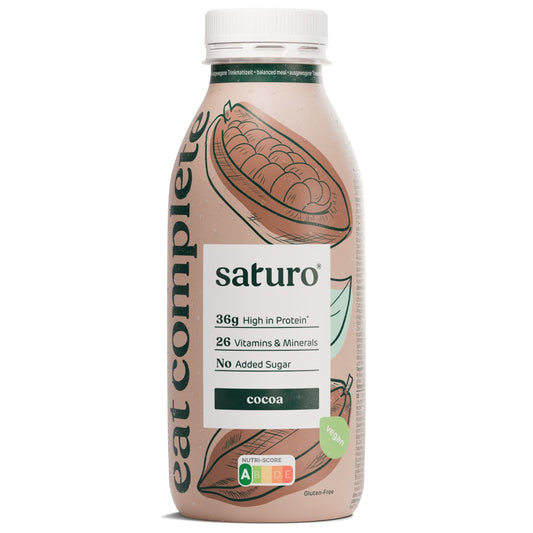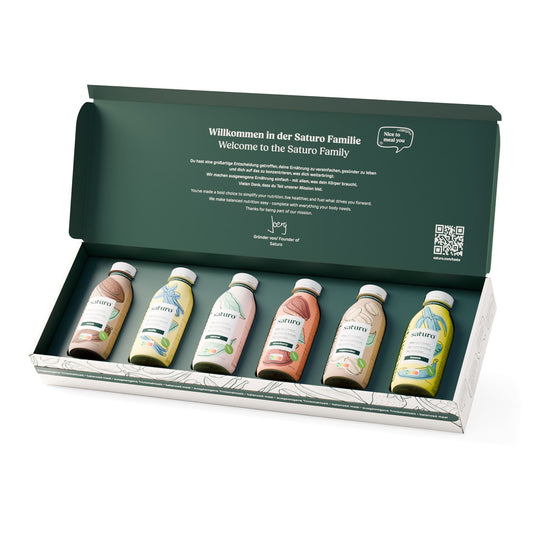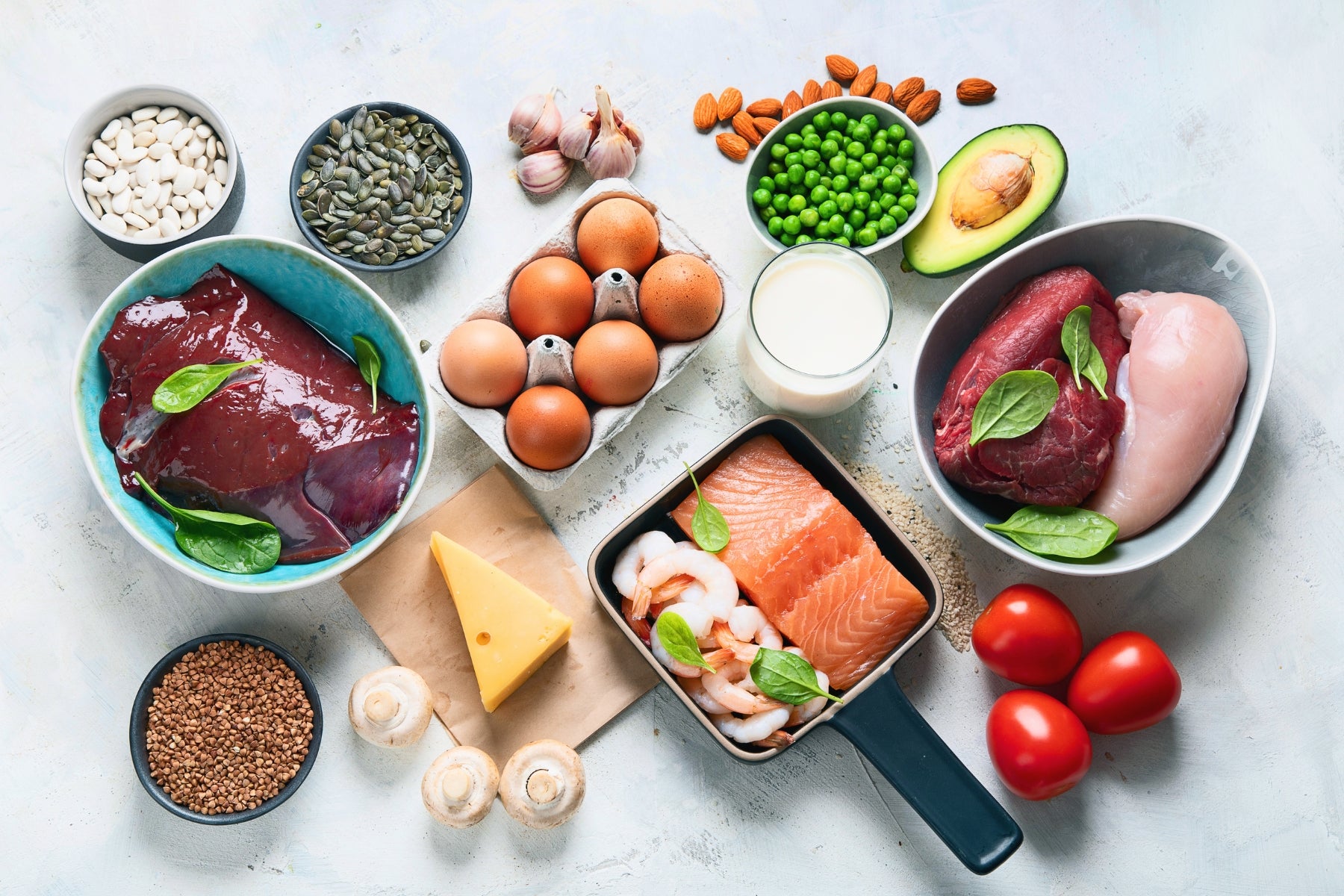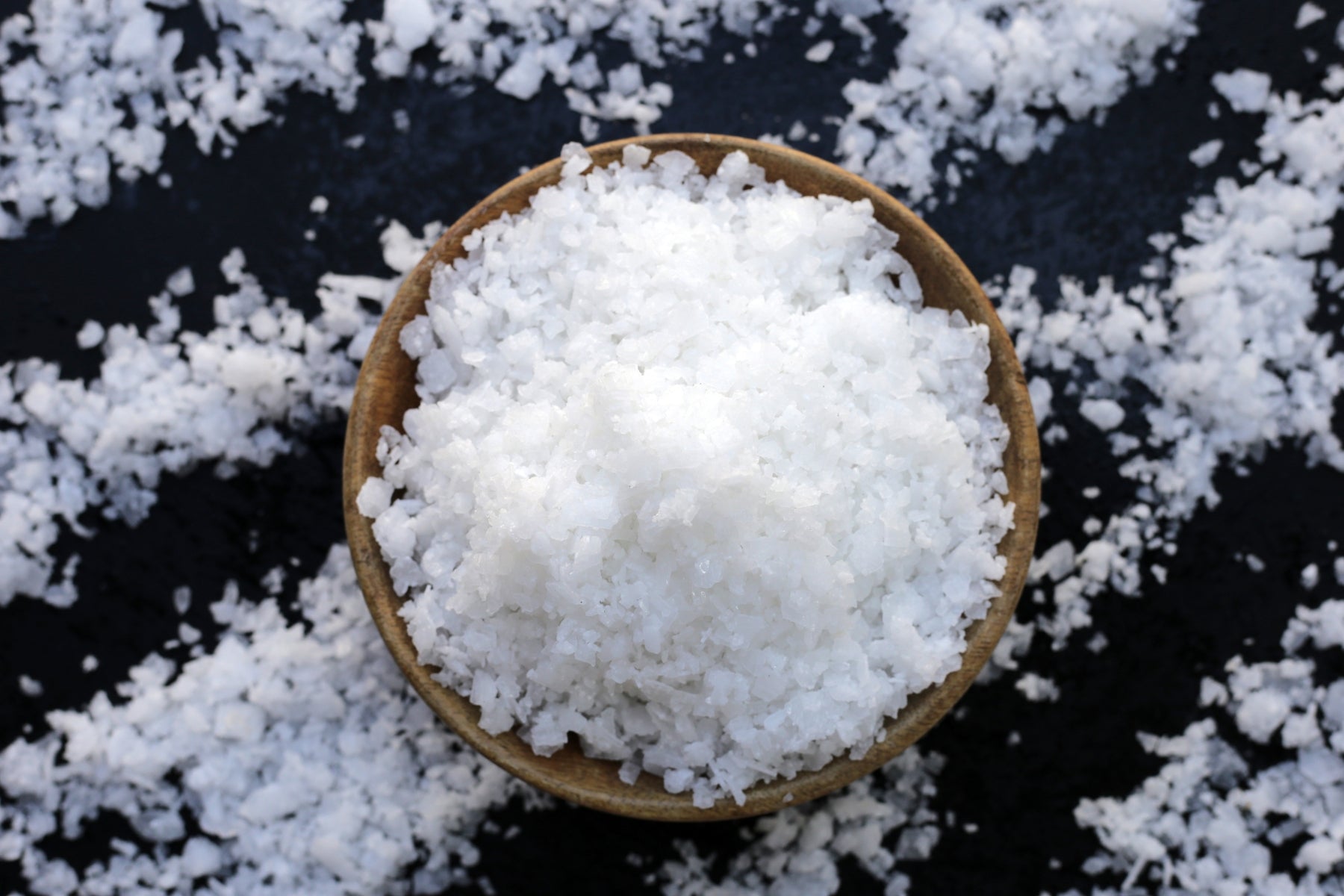Contents
1
What is iodine deficiency and how much iodine do you need every day?
2
Iodnawnic symptoms
Iodine deficiency symptoms in women
3
Causes of iodine deficiency
4
Iodine in food
Vegan iodine sources (per 100 g)
Animal iodine sources (per 100 g)
Drinking against iodine deficiency
Contents
1
What is iodine deficiency and how much iodine do you need every day?
2
Iodnawnic symptoms
Iodine deficiency symptoms in women
3
Causes of iodine deficiency
4
Iodine in food
Vegan iodine sources (per 100 g)
Animal iodine sources (per 100 g)
Drinking against iodine deficiency
Vegane Jodquellen
| Vegane Jodquellen | Jodgehalt pro 100 g |
|---|---|
| 1. Jodiertes Speisesalz | 5213 µg |
| 2. Orangensaft | 9 µg |
| 3. Spinat (roh) | 7 µg |
| 4. Oliven | 2 µg |
| 5. Rosinen | 2 µg |
| 6. Sellerie (roh) | 2 µg |
| 7. Süßkartoffeln (gebacken) | 2 µg |
| 8. Sojamilch | 1 µg |
| 9. Pflaumensaft | 1 µg |
| 10. Grüner Blattsalat | 1 µg |
Tierische Jodquellen
| Tierische Jodquellen | Jodgehalt pro 100 g |
|---|---|
| 1. Hummer (gekocht) | 185 µg |
| 2. Kabeljau (gekocht) | 172 µg |
| 3. Schweizer Käse | 137 µg |
| 4. Austern (gekocht) | 109 µg |
| 5. Parmesan | 82 µg |
| 6. Ricotta | 66 µg |
| 7. Muscheln | 66 µg |
| 8. Eier (gekocht) | 61 µg |
| 9. Griechischer Joghurt | 51 µg |
| 10. Mozzarella | 51 µg |





